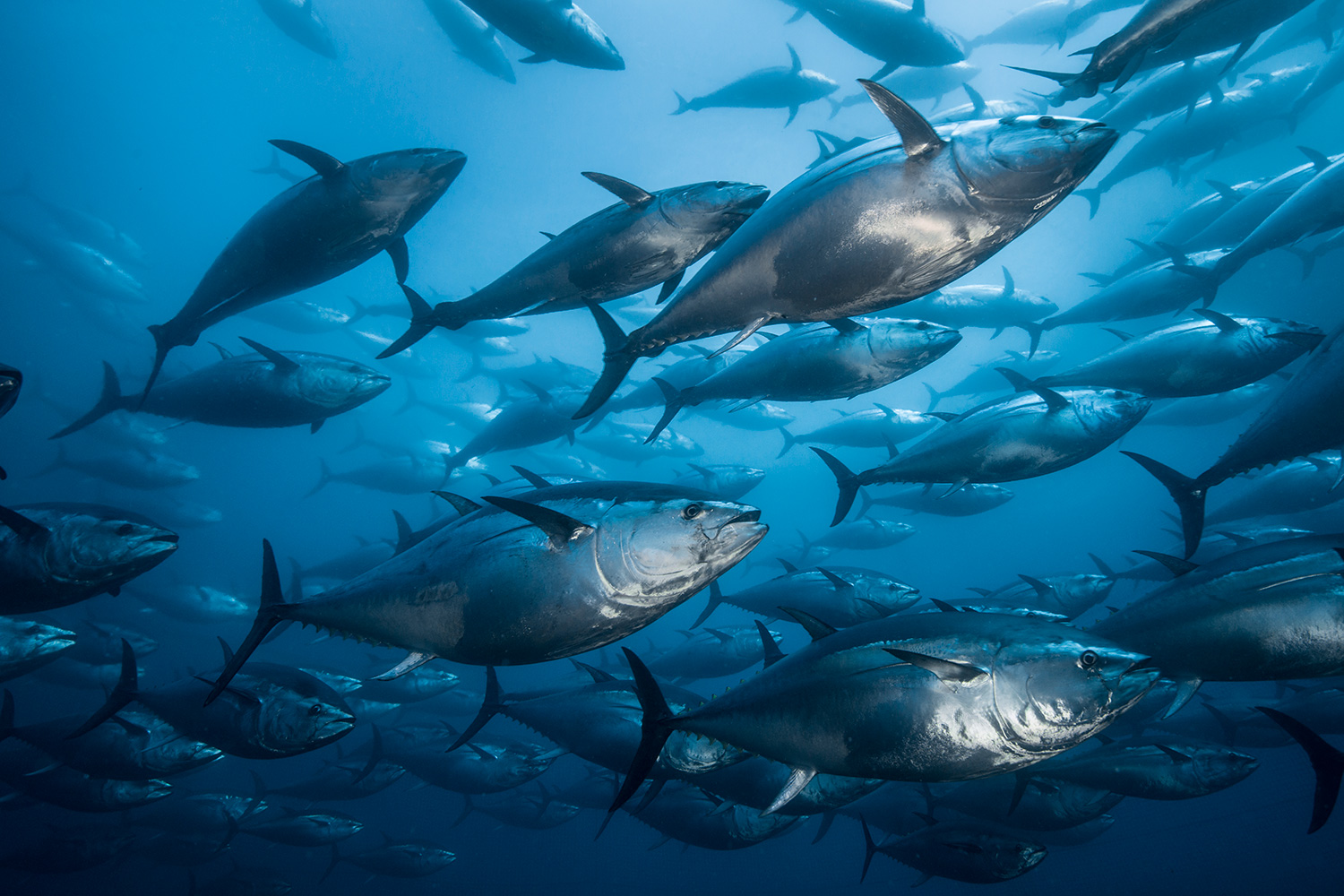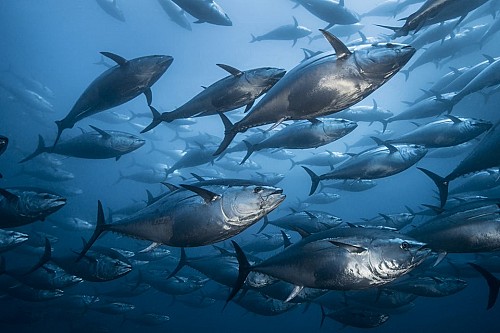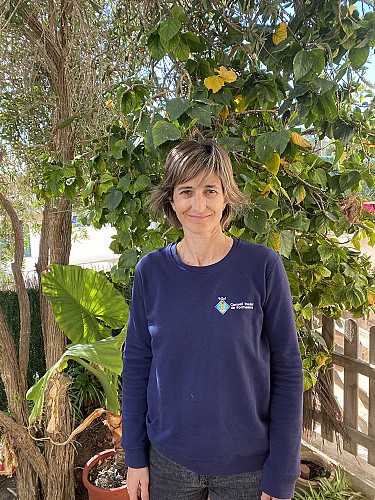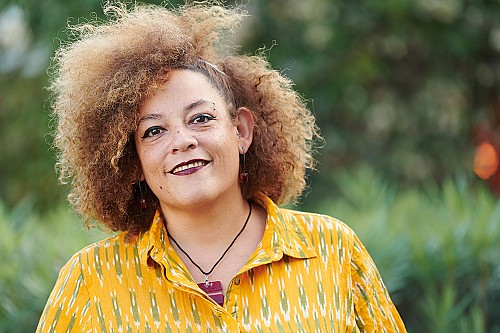Minister of Agriculture and Fisheries - Mae de la Concha
Mallorca Preservation - Ana Riera
Marilles Foundation - Aniol Esteban
document on illegal fishing in the Balearics
Sandra Espeja- Marilles Foundation
IFSUA Manager - Llibori Martinez
President Associació de Pesca Recreativa Responsable - Bernadí Alba
Secretary Federació de Cofradies de Pesca de Balears - Antoni Garau
Debate (Questions by Pere Oliver, Xavier Pastor…)
State Maritime Fisheries Inspection in IB - Samer Alismail
PIMEM restoration - Eugenia Cusi
Marine Resources Service - Toni Grau
Debate (questions Gori Mayol,)
Final conclusions
Joan Mercant, Director General of Fisheries Balearic Government
Illegal fishing and the illegal sale of fishing products is a widespread practice throughout the Balearic Islands. It affects all sectors related to fishing and its commercialisation, according to the results of research carried out by the Marilles Foundation, presented in Palma today.
The study - carried out during most of 2021 - has involved the participation of representatives of professional fishermen, recreational fishermen, spearfishing, inspectors, restaurants, NGOs, scientists and public authorities. More than eighty people were consulted, including the testimony of poachers. The research was carried out under the "Chatham House rule", according to which what is said is revealed, but not who says it. The study was financially supported by Mallorca Preservation and Blue Marine; and in collaboration with Menorca Preservation and Ibiza Preservation.
The study is available at: https://marilles.org/storage/media/2021/12/955/la-pesca-ilegal-en-las-islas-baleares.pdf
- Infringements are common in all areas related to fishing, including professional, recreational and underwater.
- The demand for fresh fish by restaurants and individuals, as well as lack of consumer awareness, is one of the priorities for action.
- The Balearics are no worse off than other regions in Spain. The Balearics have in place advanced regulations and professional inspection-surveillance.
- Current resources are not sufficient to tackle this problem, neither can resources enforce compliance with existing regulations, both on land or at sea.
- The vast majority of respondents are aware of cases of infringements by individuals, restaurants and hotels, but have never taken action.
- There are many barriers –legal, social and economic– that hinder the investigation work of inspectors and law enforcement agencies.
- Diversion of fish in professional fisheries is much more common in the small-scale fishing fleet than in the trawler fleet.
- Most of the restaurants consulted have been offered illegal fish.
- There are reports of:
- Occasional cases of collusion between professional and recreational fishermen to "launder" fish.
- Highly specialised poachers who can earn up to €3,000/month and for whom paying a possible fine is still worth the risk.
- Subsistence recreational fishermen who sell their catch to supplement their wages and make ends meet.
- Organised groups who sell fish illegally; they use warning systems to avoid being intercepted by fisheries inspectors.
Shared responsibility
The aim of the study is to lay on the table a problem that everyone knows about but which no one talks about. The results of the research have been shared with representatives from all sectors, most of whom have validated the results and shared solutions. There is a will to put an end to this problem of infringement by a minority group of people, because unless we do so it risks damaging the reputation of an entire sector and the image of a region that wants to and can be a leader in marine conservation.
Impact on the marine environment and the economy
Illegal fishing and poaching erodes the efforts of all those sectors working to improve the state of the Balearic marine environment and ensure the sustainable management of fish stocks.
"Illegal fishing and the illegal sale of fishery products represents a haemorrhage of money and jobs for our economy that must be stopped urgently. It is a problem that undermines the professional and recreational fishing sector; it damages recreational opportunities for divers and seabathers and the economic activity associated with them; and it destroys the image of a region that wants to be a model of sustainability. The administration must address this problem by providing more financial resources. Fishermen must act firmly to curb illegalities within their sector. And restaurants and consumers must say NO to illegal fish" says Aniol Esteban, director of the Marilles Foundation.
"There is a minority of people who damage the reputation of entire sectors. But there are also people who, through ignorance, are unwitting accomplices in illegal fishing. In the face of a problem that is so big and difficult to tackle, correct information and communication play a key role in putting an end to it" says Ana Riera, from Mallorca Preservation.
Long-term project
Now, with the results of the research study and working with all the sectors involved, the Marilles Foundation - together with Mallorca Preservation, Menorca Preservation, Ibiza Preservation, Conservation Collective and Blue Marine Foundation - is aiming to work on the creation of a medium-term project to find solutions and put an end to illegal fishing in the Balearics. The problems identified and the solutions proposed in this study will form the foundation of the work the donor organisations will set in motion in 2022. The project will be carried out in a coordinated and collaborative manner throughout the islands.
Ibiza Preservation's director, Inma Saranova, considers it essential to join forces in the Balearic Islands to combat illegal fishing practices and thus ensure the protection of life in the Mediterranean Sea: "We have to commit to sustainable fishing that involves leaving enough fish in the sea to ensure their replenishment, respect for the marine habitats of the Balearic Islands, and guarantee that the people who depend on fishing in our islands can continue to maintain their way of life."
"We at Menorca Preservation believe that it is essential to support research to better understand a problem and to be able to seek solutions together, and this initiative is exactly that. The research process that has been carried out has confirmed to us the urgent need to find a solution to this problem, to better protect our sea and to encourage the regeneration of the species most vulnerable to fishing," says Rebecca Morris, executive director of Menorca Preservation.
The results of the study are also expected to be presented in Pitiusas and Menorca at the beginning of 2022, with representation from the sectors involved on each island.
Solutions
Some of the areas for action identified in the study include:
- Research to better define the extent and impact of illegal fishing.
- Public awareness campaign among consumers and restaurants to address the demand for illegal fish.
- Working with the respective sectors to support those who want to curb illegal practices.
- Designing certification mechanisms to guarantee the legality of the fish source and limit illegal sales.
- Political work to secure more resources for inspection and surveillance, as well as improving the effectiveness of current resources
Marilles in the media
- 24/07/2024 Ultima Hora: "Otros 13 atunes capturados en estado de descomposición en aguas de Mallorca"
- 05/03/2023 Ara Balears: "Les Balears tenen el 40% de les àrees marines protegides de l’Estat"
- 02/02/2023 Europa Press: "Fundaciones de las Islas se alían contra la pesca ilegal en el proyecto 'Calant Xarxes'"






